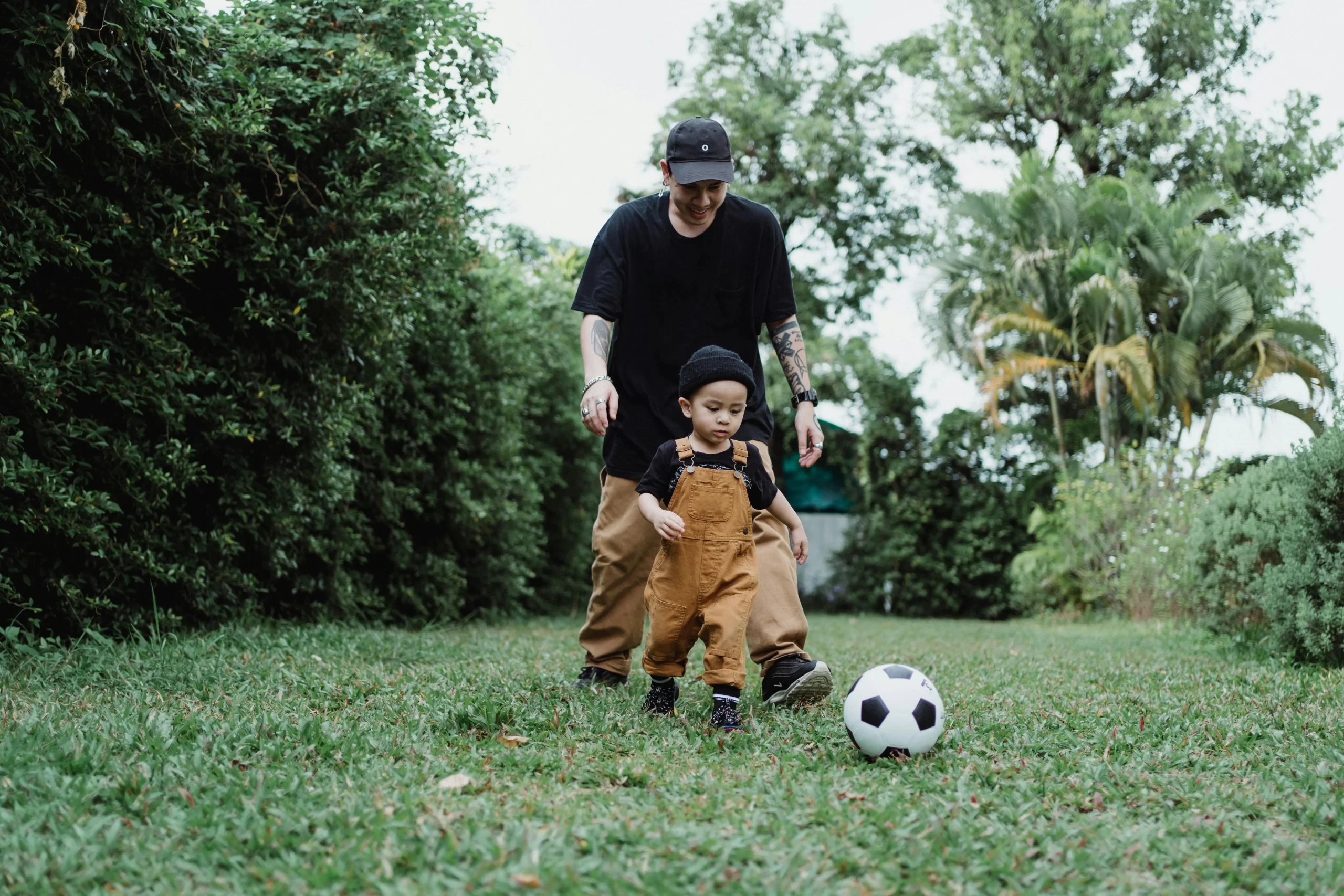Managing Favoritism: How To Handle It And Stay Motivated
As a parent of an athlete, you want your child to thrive in their sport, develop teamwork skills, and enjoy the camaraderie that comes with being part of a team. However, when favoritism rears its head, it can create a toxic environment that diminishes your child’s experience. You might notice your child feeling discouraged or even resentful towards teammates or coaches. It’s essential to address these feelings constructively. In this post, I will guide you through understanding favoritism, its effects, and actionable steps you can take to promote fairness and support your child’s growth.
Understanding Favoritism and Its Effects
Favoritism occurs when a coach shows preferential treatment to certain players, often leading to feelings of frustration and alienation among others. This behavior can manifest in various ways, including:
- Unequal Playing Time: Some players may receive more opportunities to play, regardless of their performance or effort.
- Lack of Constructive Feedback: Coaches may provide more feedback to favored players while neglecting others.
- Exclusion from Team Activities: Certain players might be invited to special training sessions or events while others are left out.
The impact of favoritism can be profound. It can lead to:
- Decreased Motivation: Your child may feel that their hard work goes unnoticed, leading to a decline in enthusiasm for the sport.
- Resentment Towards Teammates: They might develop negative feelings towards players perceived as favorites, harming team dynamics.
- Self-Doubt: Constantly feeling overlooked can cause your child to question their abilities and worth.
Steps to Address Favoritism
If you suspect favoritism is affecting your child, here are practical steps you can take to address the situation:
1. Encourage Open Communication with Coaches
Start by fostering a culture of open dialogue. Encourage your child to communicate with their coach about their feelings. Here’s how to approach this:
- Choose the Right Time: Suggest they speak with the coach after practice when emotions are calmer.
- Use “I” Statements: Teach them to express their feelings using statements like, “I feel discouraged when I don’t get as much playing time.”
- Be Respectful: Remind them to approach the conversation with respect and an open mind.
2. Focus on Personal Growth
Help your child shift their focus from external validation to personal improvement. Here are some strategies:
- Set Individual Goals: Work with your child to set specific, measurable goals for their performance. This could include improving skills, fitness levels, or teamwork.
- Celebrate Small Wins: Acknowledge their progress, no matter how small. This could be mastering a new skill or showing improved sportsmanship.
- Encourage Self-Reflection: After games or practices, ask your child what they learned and how they can improve. This builds resilience and a growth mindset.
3. Foster Team Spirit
Encouraging your child to build relationships with teammates can help mitigate feelings of favoritism. Consider these approaches:
- Organize Team Bonding Activities: Suggest activities outside of practice, like team dinners or outings, to strengthen relationships among players.
- Promote Inclusivity: Encourage your child to include all teammates in conversations and activities, fostering a supportive environment.
4. Address the Issue with Coaches if Necessary
If favoritism persists and significantly impacts your child’s experience, it may be time to address the issue with the coach. Here’s how to do it effectively:
- Request a Meeting: Approach the coach respectfully, expressing your concerns without sounding accusatory.
- Present Observations: Share specific examples of favoritism you’ve noticed, emphasizing how it affects the team’s morale.
- Suggest Solutions: Offer constructive suggestions, like rotating playing time or providing equal feedback to all players.
5. Seek Support from Other Parents
Engaging with other parents can help you gauge whether favoritism is a broader issue. Here’s how to approach this:
- Start a Conversation: Talk to other parents about their experiences. This can provide insights and help you feel less isolated.
- Form a Parent Coalition: If many parents share your concerns, consider approaching the coach together. A united front can have a more significant impact.
Conclusion: Creating a Fair Playing Field
Favoritism in sports can be challenging for both athletes and their parents. However, by encouraging open communication, focusing on personal growth, fostering team spirit, and addressing issues respectfully, you can help create a more equitable environment for your child. Remember, your role as a supportive parent is crucial in navigating these challenges.
Take action today: have a conversation with your child about their feelings regarding favoritism and discuss strategies to enhance their experience in sports. Together, let’s promote a fair playing field where every athlete can thrive!.




